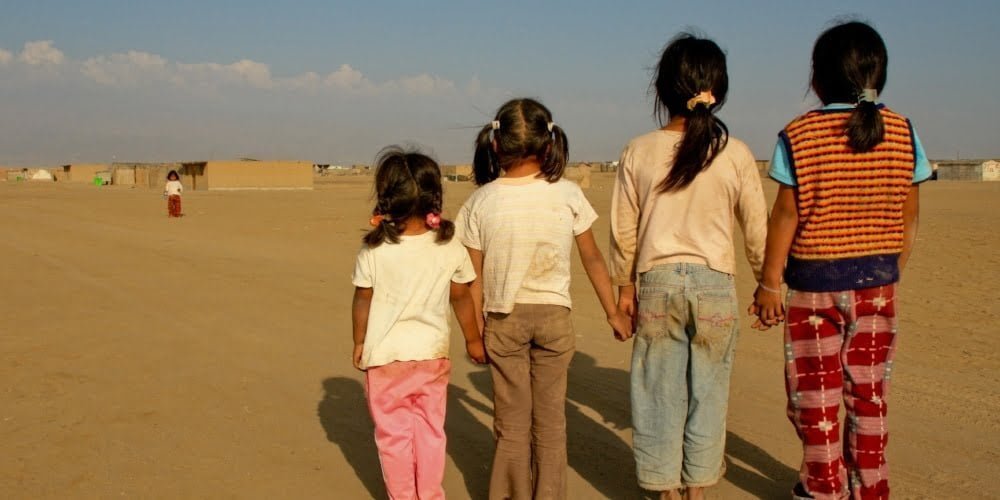You’ve found a cause that you are passionate about – you want to work to eliminate childhood hunger. You are ready to make a donation and you really want it to count, so you start to do some research.
Before you know it, you have ten different tabs open on your internet browser linking to the websites of charities and organizations working to feed hungry children in Europe, Africa, the United States, and your town.
You’re faced with a tough decision – do you give locally or globally?
We’re going to be upfront here—we can’t give you the answer to this question. What we can do is share some of the pros and cons of both local and global giving. From there, hopefully, you’ll know the right answer to this question for you.
Local
Pros
Local, small charitable organizations tend to have lower overhead costs than global organizations. With a local organization, chances are your donation won’t go to support a six-figure salary for the CEO of a large non-profit.
You can walk in and see their facilities. When the charity is based in your community, you can reach out and see the work they are doing.
When you give locally, you can literally view the impact of your gift.
For example, Daniel’s Table in Framingham, Massachusetts was founded by a couple who lost their son at birth over 20 years ago. They have made it their personal mission to solve childhood hunger in their hometown.
In three years, they have gone from providing 200 meals per month to 9,700 meals per month to children in Framingham. Local residents who donate to Daniel’s Table know their donations are going to feed children in their community. If you live in Framingham, you have seen the organization grow too large for its original home and expand into a bigger space.
Cons
There are some downsides to giving locally, however.
There’s a risk your chosen charity will close. Small nonprofit organizations are less likely to succeed than global organizations that receive support worldwide.
Although local charities tend to have lower overhead costs, they may need to use donations towards those costs more than larger non-profits. If an organization is able to put 100% of your donation towards the cause, it is able to do so because other funding sources are keeping the lights on. Local charities are less likely to have access to large grants that offset administrative costs such as building rent, employee salary, and utilities.
Global
Pros
Depending on where you donate, a dollar can go a long way. The cost of feeding a child in the United States is significantly higher than feeding a child is less developed countries around the globe.
Many global charities have been around for decades, so the impact of their works can be more easily measured than that of a new, local organization.
For example, ChildFund International was started in 1938. As an organization, it provides assistance to children living in extreme poverty in 27 different countries around the globe. Every year, nearly 20 million children and family members benefit from the work of ChildFund.
When you give to a global organization like ChildFund, even a small amount is compounded by the donations of like-minded individuals around the globe.
Cons
Every community in America has needs. It can be difficult to give globally when you see other local needs practically on your doorstep.
Additionally, there’s a concern about fraud. Unfortunately, fraudulent charitable organizations exist. It can be hard to tell from a website if an organization is legitimate. Some global charities have been rated by the Better Business Bureau, but not all of them have, making it difficult to tell the if you are giving to an actual charity or getting scammed.
What’s Next?
Like we said earlier, we can’t tell which answer is right for you. If you are still uncertain whether to give locally or globally, why not consider treating your charitable donations like a financial portfolio and diversify your stocks?
If you are truly committed to ending childhood hunger and believe that both organizations like Daniel’s Table and ChildFund are doing good work, there’s no rule that says you can’t give to both. In fact, if you can, you probably should.
Conclusion
The decision to give globally or locally is a personal one. Here at Encast, our goal is to get more people involved in giving to causes that matter. Whether you want to give locally, globally, or both, we are here to support you.
{{cta(‘a67601ab-319d-467e-8100-a2ba0d006d8f’)}}





































































































































